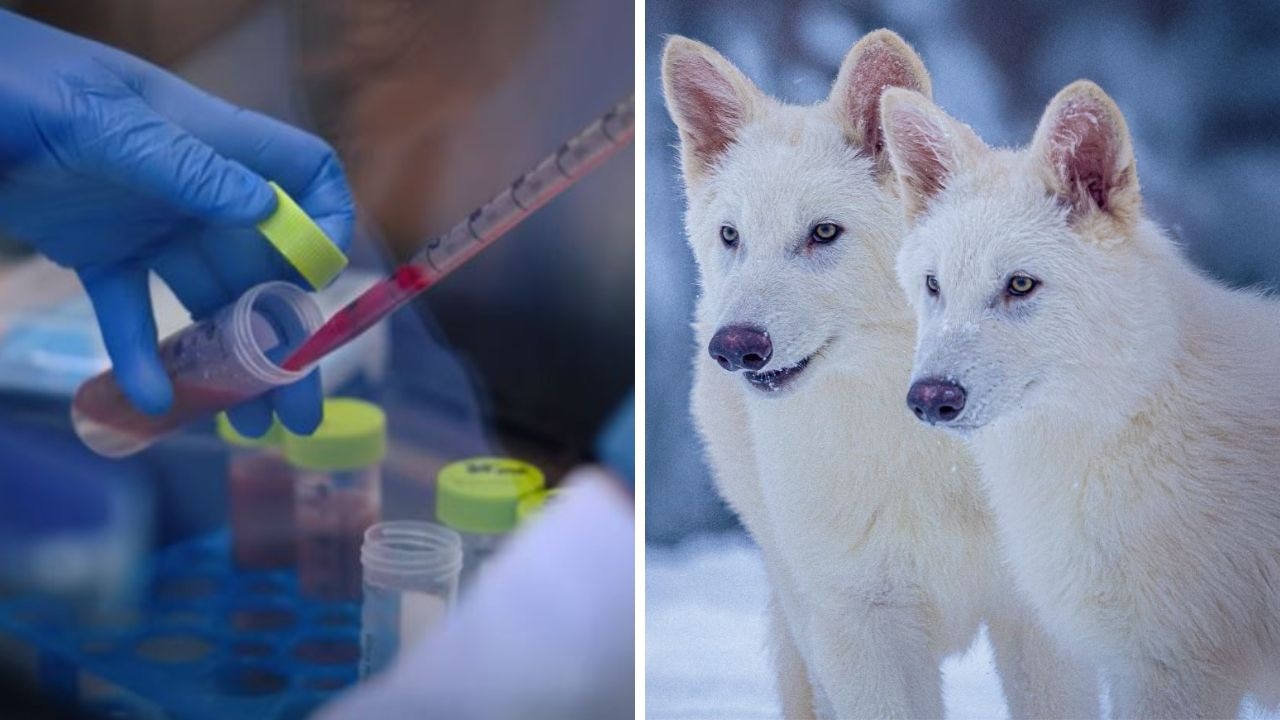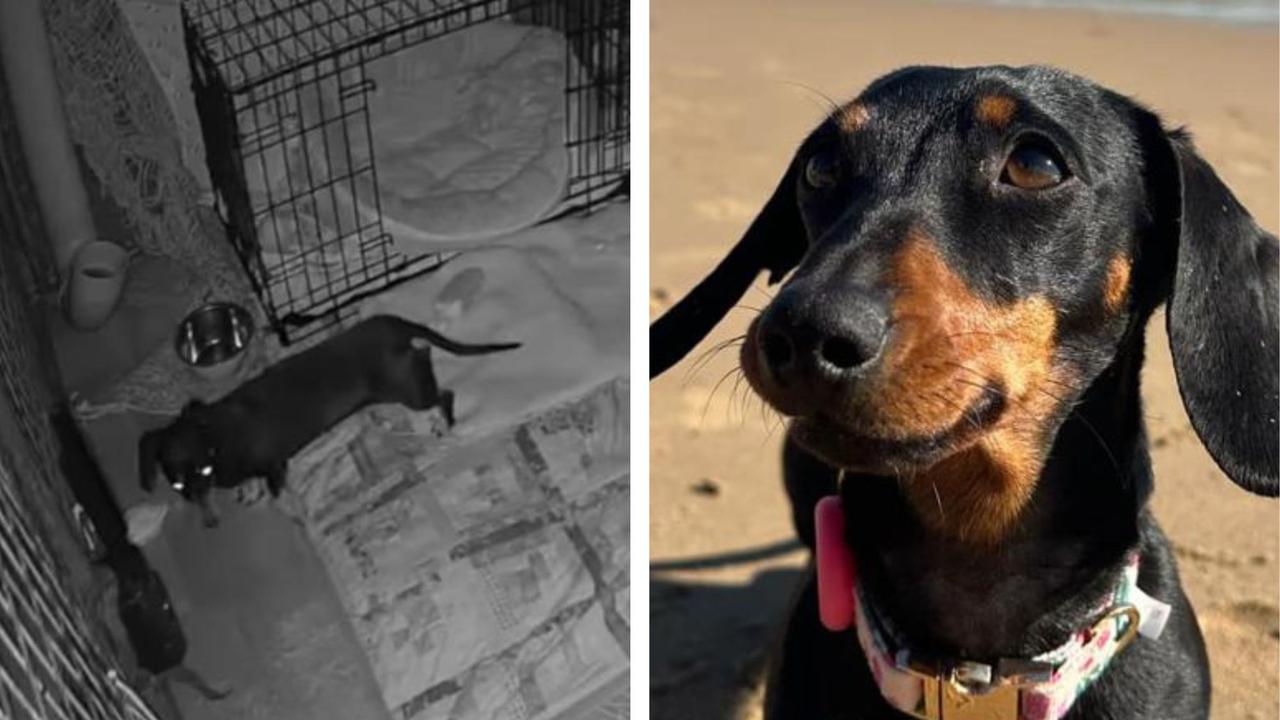Hong Kong to kill more than 2000 animals after Covid-19 found in pet shop
More than 2000 animals will be killed after Covid-19 cases were linked to a pet shop, in a move that’s upset animal rights activists.

Hong Kong on Tuesday urged people not to kiss pets and ordered some 2000 hamsters to be killed over Covid-19 concerns.
The New York Post reports the Chinese territory announced the culling after 11 rodents imported from the Netherlands tested positive for Covid at a pet store, according to local broadcaster RTHK.
“Evidence shows that the hamsters are infected with the Covid-19 virus. It is impossible to quarantine and observe each of them and their incubation period could be long,” said Leung Siu-fai, the director of Hong Kong’s Agriculture, Fisheries and Conservation Department.
Pet shops and owners were instructed to turn over their hamsters, which were to be “humanely” put down to “cut the transmission change” of the disease.
Those who own pets were also urged to use caution in handling their animals.
“Pet owners should keep a good hygiene practice, including washing hands after touching the animals, handling their food or other items, and avoid kissing the animals,” Mr Leung told reporters.
The cases were traced to the Little Boss pet store, where a 23-year-old female employee around the same time also tested positive, the Washington Post reported.
Health authorities are investigating the case as a possible instance of animal-to-human transmission, the paper reported.
Two additional human infections — one confirmed and one preliminarily positive — have also been linked to the pet store.
The infected rodents were among two groups that arrived in Hong Kong on December 22 and January 7, the newspaper reported.
Buyers of hamsters after December 22 were instructed to hand the pets over to authorities.
The outbreak resulted in mandatory quarantines for about 150 customers, officials said.
Thomas Sit, a veterinarian and assistant director of the Agriculture, Fisheries and Conservation Department, said authorities did not want to put down all the hamsters but that the culling was necessary.
“You need to realise that the hamsters [which] have already got infected are excreting the virus. They can infect other animals, other hamsters and human beings, ”Mr Sit said, the Washington Post reported.

“We have to protect public health and we have no choice,” he added.
Animal rights groups, however, quickly denounced the government’s decision.
The local Society for the Prevention of Cruelty to Animals said in a Facebook statement that it was “shocked and concerned” about the announcement, “which did not take animal welfare and human-animal bonds into consideration”.
Sophia Chan, a hamster concern group representative, told the local daily the Standard that she has received dozens of calls from hamster owners since the announcement, according to the Washington Post.
The World Animal Protection group called the measure premature.
“Culling animals should always be a last resort and we encourage governments to explore other options, such as quarantine, first,” said research chief Jan Schmidt-Burbach, Reuters reported.
The US Centres for Disease Control and Prevention said the risk of animals spreading the bug to humans is “low” but noted that it “can spread from people to animals during close contact”.
In 2020, Denmark culled millions of minks in an effort to prevent Covid mutations.

The government later admitted that the animals were improperly killed and a commission has been established to investigate the case.
Nikolaus Osterrieder, dean of the Jockey Club College of Veterinary Medicine and Life Sciences at the City University of Hong Kong, called Hong Kong’s action “obviously a drastic measure”.
But he noted that it “is a consequence of zero Covid (rules). Hamsters are very susceptible to SARS-CoV-2 and can produce large amounts of virus.”
This article originally appeared in the New York Post and has been reproduced with permission





